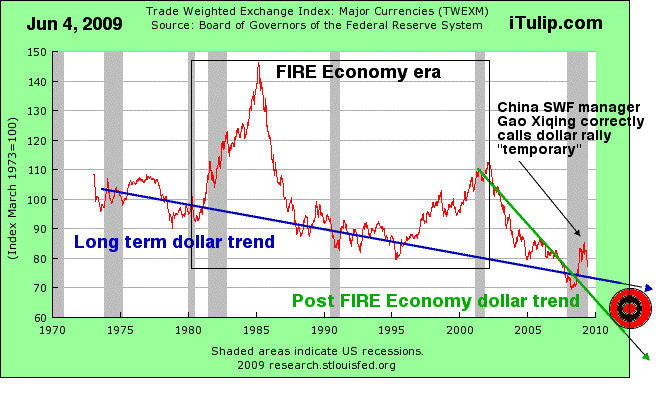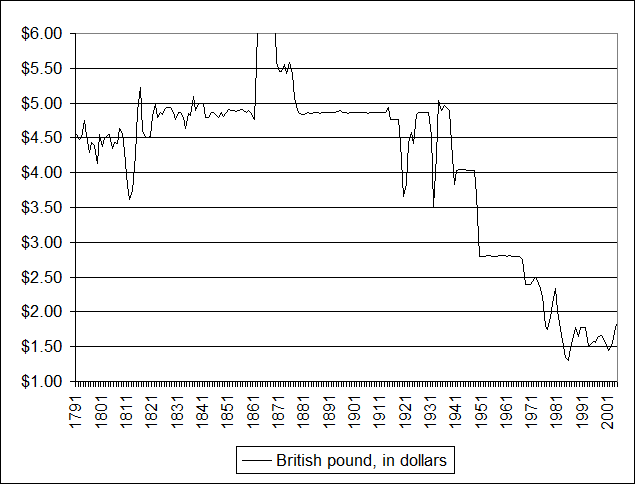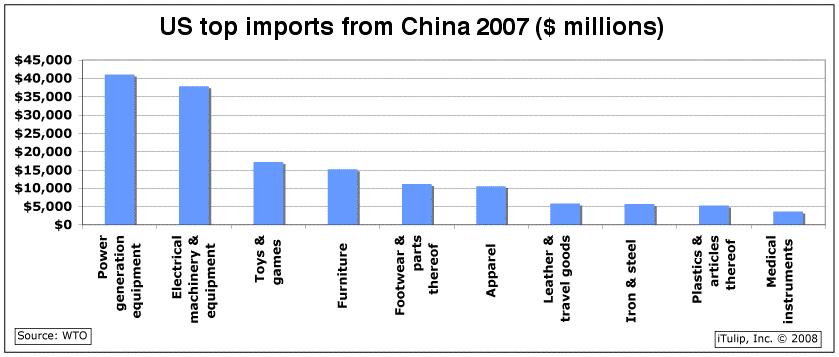Re: USA Fire Sale, 2nd Meeting, June 2009: Political capital call - Eric Janszen
People tend to forget why they do things, the U.S. used to allow the best and brightest into their schools to gain "brains" as those students tended to stay put in the U.S., that is no longer true.
From time to time I like to recall the little story at the beginning of this sermon when I see someone doing something that does not make sense:
http://www.crossties.org/sermons/indiv/sermon19.pdf
Originally posted by Mn_Mark
View Post
From time to time I like to recall the little story at the beginning of this sermon when I see someone doing something that does not make sense:
http://www.crossties.org/sermons/indiv/sermon19.pdf





Comment